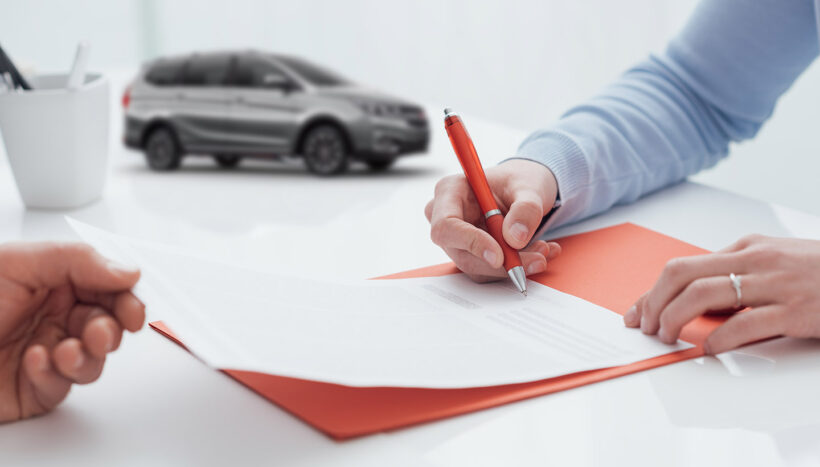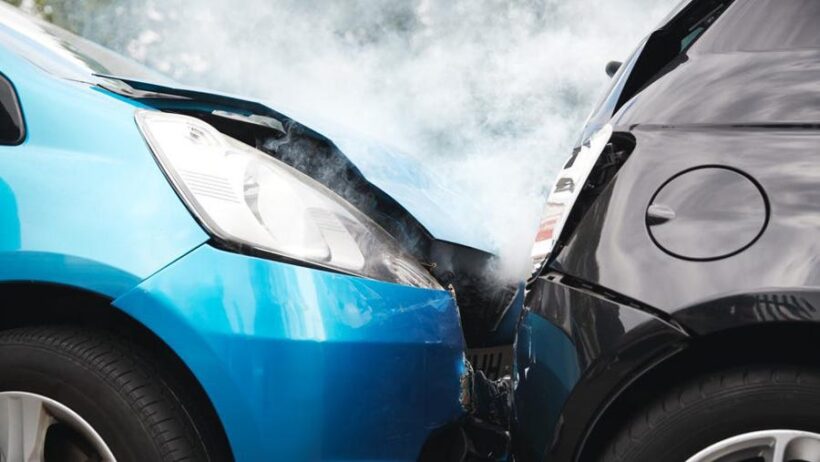Car collisions happen around the world regularly. While most vehicle crashes are minor, causing no more than a shaken motorist, some accidents can be severe enough to result in injuries and a disfigured car.
When vehicle crashes happen, owners can file an insurance claim for repair costs and other related damages. Knowing these do’s and don’ts in filing a car insurance claim can help you avoid settlement issues.
Why Get A Car Insurance?

Getting car insurance is essential for every car owner. Operating a vehicle without a policy can leave a motorist with high penalty fees and out-of-pocket costs for damage repairs, hospital bills, and other collision-related charges. Depending on the type of insurance coverage you get, the company may be able to arrange a temporary car to use while waiting to have your vehicle repaired.
Car insurance requirements vary from state to state, so do know the minimum must-haves for your jurisdiction. Whatever type of insurance you choose, consider your risks and your needs. Apart from the coverage, your car insurance premiums can also vary significantly due to the following factors:
- Car model and type
- Vehicle mileage and use
- Your location
- Your driving experience and history
- Who else uses your vehicle
- Your vulnerability to accidents
Before choosing the best insurance coverage for your car, study the terms and conditions to know in which circumstances you can claim. Optimizing your coverage may be a challenge in most cases because insurance companies are out to pay the lowest possible settlement. In these instances, seek the advice of a legal counsel near you. If you’re living in New Jersey, you can access legal services through this site: https://www.sadakafirm.com/new-jersey-car-accident-lawyers/.
The Do’s Of Filing A Car Insurance Claim

Even if you’re not keen on filing a lawsuit, you can consult with a lawyer to ask for some pointers for a problem-free insurance filing. While waiting for your lawyer’s appointment, here are a few things to keep in mind.
- Understand Your Insurance Coverage
Take a proactive approach and understand the critical terms in your insurance coverage. After getting the best car insurance coverage, the next step is to thoroughly understand the scope and exclusions of your policy.
- Call The Police And Medical Services
Whether any of the parties involved have visible injuries or not, prioritize your safety by calling medical services. It’s equally important to call the police to get a first information report (FIR). This document is mandatory in filing an insurance claim; you can’t kick start the filing process without it.
- Gather Evidence To Support Your Claim
After making sure that everyone is safe, start collecting evidence to support your claim. If you can, take pictures of the damages to your vehicle and the other driver’s car showing all angles. Don’t forget to take photos of the entire accident scene, too. Also, check if there are security cameras that may have recorded the accident.
The police will interview potential witnesses to the vehicle mishap, but the discussion may not be comprehensive enough to help support your claim. Ask witnesses to provide their details in case you need them in filing a formal complaint.
- Call Your Insurance Agent

After the police and medical responders are done with their jobs, contact your car insurance service provider as soon as possible and inform them about the accident. It’s best to talk with the insurance company once you’re safe and settled.
- Take Notes While Talking To Insurance Agents
To keep a good record of your communications with the insurance provider, take note of the names, dates, and times of every discussion you’ve had with company representatives.
- Be Honest To Your Insurance Representatives
There are multiple reasons for car collisions. If you’re hazy with the details and don’t know how or why the crash happened, refrain from making up stories so that you can answer questions. Doing so may void your policy, and the company can deny your coverage.
- Keep All Receipts
Tuck away all expenses related to the claim in a safe place. Apart from repair costs, and medical bills, you can also submit lodging and car rental costs, including fuel and meals, and any expenses related to your claim, for reimbursement.
The Don’ts Of Filing A Car Insurance Claim

Now that you’re aware of what you have to do to optimize your insurance claim, it’s time to discuss what you shouldn’t do.
- Don’t Accept Settlements From The Other Party
Never accept any settlement from the other driver, especially if they caused the crash. Doing so can put too much money on the table. You’ll never know how much you can get from your insurance company, so do it the traditional way.
- Don’t Sign A Written Statement To Your Insurance Provider
Unless you’ve reviewed and fully understood your coverage, avoid making a written or recorded statement, as insurers may use this to prevent you from getting the maximum claim benefits.
- Don’t Accept Initial Settlement
As mentioned, the insurance provider will try to settle the lowest amount possible for an insurance claim. As such, they may offer a rock-bottom appraisal value for your losses. Don’t fall into this trap and choose to negotiate for a higher price. An attorney may be able to help you get a better settlement.
- Don’t Sign A Waiver
While working to increase the insurer’s offer, refrain from signing a waiver, which means you’re relinquishing your legal right or claim. Besides your car repair and medical costs, you might need to list down the things damaged in the collision. If you sign up prematurely, you’ll lose your right to claim losses for costly items such as jewelry or cash.
- Don’t Admit Fault
Whether you may have taken a non-drowse medicine or are driving one of the most dangerous cars on the market, never admit fault in a vehicle collision. Doing so can invalidate your right to claim compensation or your insurance claims. Provide your side of the story and let the authorities decide who’s at fault.
- Don’t Miss Deadlines
In your initial contact with an insurance agent, ask about the time frame for insurance filing. Most companies require owners to have a signed proof of loss within a year following the mishap. Make sure to have your document ready by then so you can file a lawsuit in case your claim is rejected.
The Bottom Line

A car collision is something that a driver must avoid at all costs. However, if an accident does happen, a car owner must take heed of the dos and don’ts discussed in this article to maximize insurance settlements.
Keep in mind that your insurance provider has a legal obligation to provide coverage under the contract. If you feel you’re being shortchanged, talk to a lawyer to study your options or force the company to enforce the policy rules.

